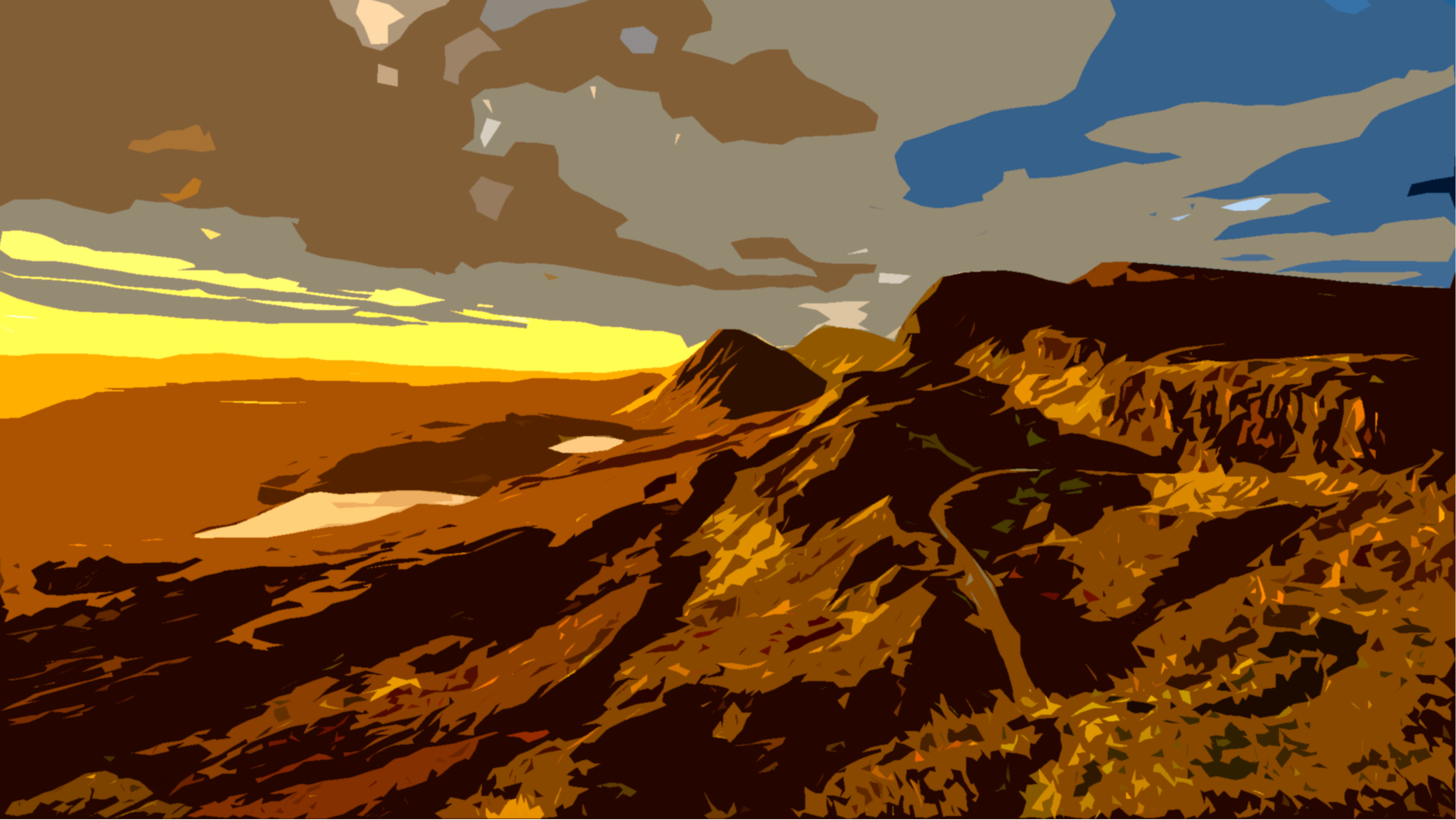By Jane Craigie
The number of people attending COP26 is staggering. Over 25,000 world leaders, 100,000 demonstrators and 10,000 police officers are in the city gathered to address the climate ‘code red for humanity’.
I was privileged to speak at a COP26 fringe, on achieving a ‘just’ transition towards net-zero for rural Scotland. At the heart of a fair transition are Scotland’s people, its businesses and its communities, and not leaving those who can’t, or won’t make the changes needed, behind.
It’s far from the fanciful vision that Scotland has the potential to develop a strong, green and well-being economy with agriculture and food at its heart. It fits perfectly with our naturally occurring green credentials – natural energy, a wide range of biodiverse habitats and the carbon sinks that are our farmland and the 20% of our landmass that is peatland.
‘Brand Scotland’ needs to be bolstered by us being renowned as a net-zero nation. We aren’t doing right by our potential if we don’t all play our part in achieving this. The future of our rural places lies in us taking much more responsible care of the nation’s tapestry of resources – landscape, heritage, forestry, marine and waterways and our farming, horticulture and quality food and drink. Making ‘net zero nation’ a core part of Scotland’s brand is achievable, hopeful and valuable.
But the journey is going to be tough, it will create collaboration, but also deep conflict. Take peatland, which are estimated to hold the equivalent of 140 years’ worth of Scotland’s total greenhouse gas emissions; these are important carbon sinks, however, with 80% of Scotland’s peatlands being depleted, their reinstatement will require returning these vast areas back to bog. For those who have drained, limed and grazed such land, this reversion will cause dispute. Similarly, we’ve already seen how tree planting our way towards net-zero is polarising in communities that have previously known the land as agricultural.
What’s clear from attending COP26 is that we have no option but to grapple with these wicked problems, and to make big changes.
Polarised people, sectors and organisations need to find common ground and think beyond our ‘now’ to our what-if and what we must do.
We need the most human of actions – talking to one another, understanding our differences and finding the routes to achieve collective good.
We need policymakers to give sectors, like farming, the responsibility and to trust them to make the changes that are the best for the environment and the least damaging to people and their livelihoods.
In communities, local people hold the key to making the changes that are right for their place, their people and their future.
For funders of the net-zero transition, the move to trusting businesses and communities to invest wisely in the projects and infrastructure that will have the most positive impact will require steadfast confidence from these leaders.
If Scotland doesn’t empower and trust its people and if foes can’t find the common ground that’s vital, then becoming a net-zero nation by 2045 is a pipe dream and Scotland will be another nation contributing to the code red for humanity. We are much better than this and all need to look at ourselves as individuals, our businesses and our industries to heed the words of Sir David Attenborough, “Is this how our story is due to end – a tale of the smartest species doomed by that all-too-human characteristic of failing to see the bigger picture in pursuit of short-term goals?”
If COP26 is to have its impact, the words shared by us all must not be empty promises for a better world, there needs to be urgent action.
The COP26 event Jane Craigie was involved in was organised by the Scottish Environment, Food and Agriculture Institutes (SEFARI) www.sefari.scot
Image by Artie_Navarre from Pixabay

